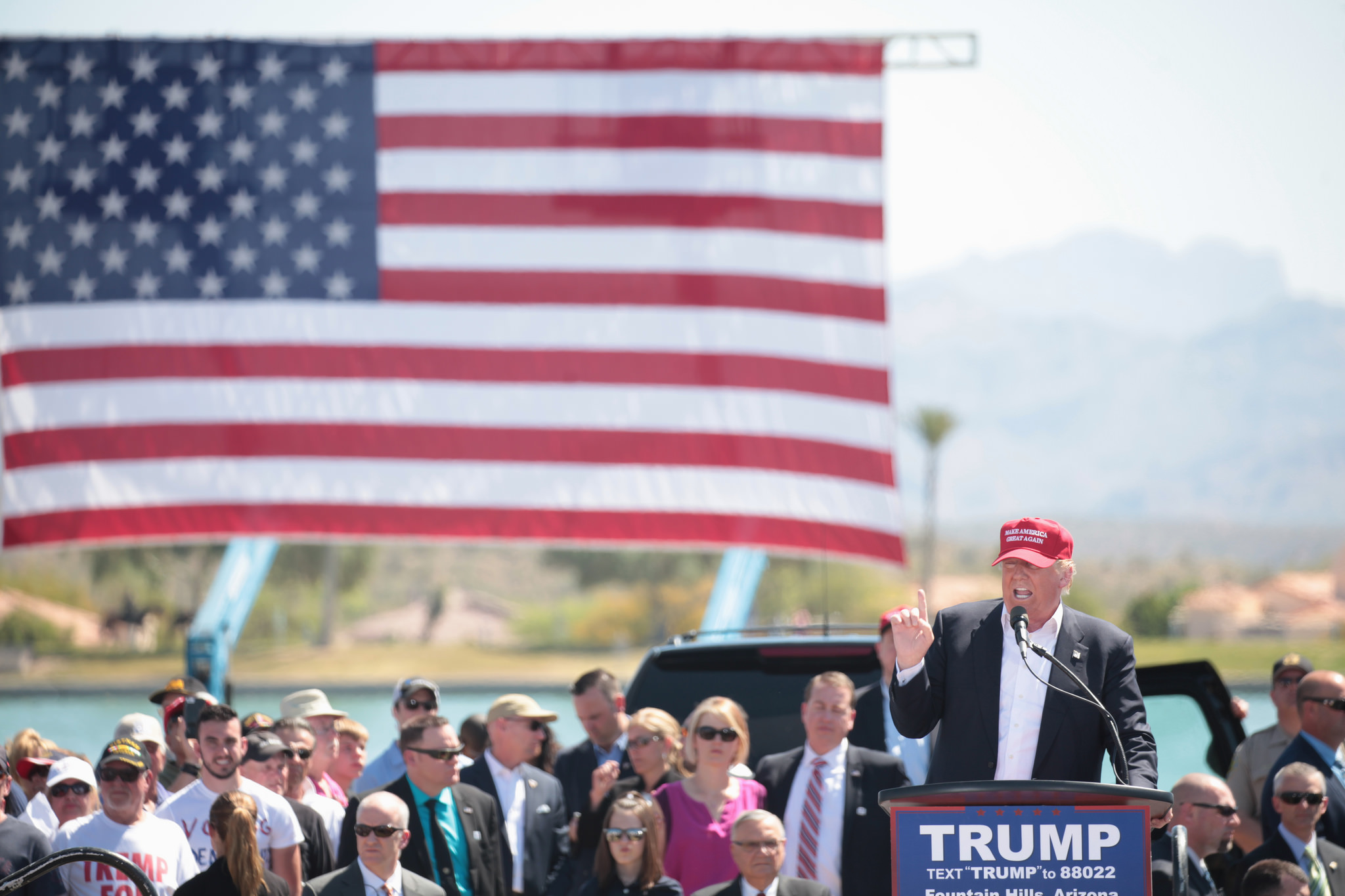By Thomas Zeitzoff.
One of the first things I learned when getting my PhD in political science was that most of what I thought I knew about politics was wrong. Politics was not a horse race between two candidates, and was not about bargains in smoke-filled back rooms. Rather politics, and most of political science, could be summed up by certain axioms or fundamentals. A “greatest hits” of political science axioms would include, but not be limited to, the following:
- Leaders care about staying office.
- Incumbents tend to win reelection.
- Partisanship colors how people process information.
- Negative economic shocks increase the likelihood of conflict.
- Democratic leaders provide public goods, and autocratic leaders buy off the generals.
This view of politics holds fairly well. It also makes political scientists incredibly annoying dinner guests who, when conversation turns to politics, tend to interject, “Well, actually…” Notwithstanding political scientists’ tendency to ruin dinner conversations, there is ample evidence that policymakers and observers would be better served if they paid more attention to the fundamentals and less to pundits.
Yet in trying to understand the populist wave that swept Trump into office, most of the explanations have been less than satisfactory. The media has often focused on the candidate himself—his use of social media, his celebrity status, or his ability to stir a crowd and connect with disaffected voters. Political scientists have focused on contextual factors such as exposure to Chinese trade, racial resentment, and good old reliable partisanship. Lost in this discussion are two important and unanswered questions: 1) why and how do ideological movement leaders like Trump emerge; and 2) without Trump, is there still the Trumpian populist wave—can we separate the ideas from the leader?
Political science has an ambiguous relationship with leadership and ideology. In political science’s infancy, explanations for politics were largely focused on great leaders (so-called first image explanations). As scholarship evolved, however, personalities took a back seat and institutions and contextual factors become the primary focus of political scientists. Most prominent among these include economic factors and political institutions, particularly the selection or election process that different leaders face. But recent research has brought the focus back to leaders and shown that they matter. The way that leaders are socialized—from how leaders come into office, to their military background, age, and even region of origin—all influence the way they govern and their likelihood of starting conflict. Yet the current crop of leadership research also misses a more fundamental question: how do leaders get where they are in the first place? How do they use ideas to gain supporters and, perhaps more crucially, how do some leaders end up fundamentally transforming the political system?
To better understand these questions, it’s helpful to think of leaders – and potential leaders – as political entrepreneurs in the marketplace of ideas. Part of what makes them (potential) leaders in the first place is their ability to garner supporters. Political entrepreneurs “sell” buyers (potential followers) an ideology that provides a blueprint for followers to make sense of their world. This ideology provides a coherent narrative that identifies the main problems, points to threats and enemies, and provides solutions to counter them. Most political entrepreneurs are able to tap into existing ideologies via trusted brands (i.e. parties), and use this brand to rise up the ranks. In this case, the difference between your average political entrepreneur and their potential replacement is likely to be small. Sports statisticians and other leadership scholars have a useful way of thinking about this called “wins above replacement player” (WARP). A journeyman NBA point guard who averages 15 points and 5 assists is not going to be that different from his replacement. But adding a Lebron James or Kevin Durant to a team is a much different story. Within US politics, there is not much difference between a middle of the road Democrat or Republican and their partisan replacement.
Sometimes, however, a political entrepreneur disrupts the marketplace for ideas. Like Steve Jobs with the Apple II computer, or Gutenberg’s press, these leaders and their ideas fundamentally reshape the idea market and subsequent political debates. Transformative political entrepreneurs provide a new way of making sense of the world. For instance, Lenin’s idea that a professional group, or revolutionary vanguard, was necessary to “guide” the working class and smash capitalism was a fundamental break from traditional Marxist thought. It’s not surprising that these transformative leaders tend to come from outside the existing party structures, since disruption is a strategy to garner support when traditional pathways are not available.
There is a rough consensus about what makes the political marketplace ripe for disruption: political events in neighboring countries, economic disruption, new communication technology, and changes in demographics. Why certain leaders are able to capitalize on a vulnerable marketplace is less clear. Arguments about charisma and other political skills tend to be tautological—political entrepreneurs are able to change things because they exhibit transformative leadership. In hindsight, Lenin, Lincoln, Mao, and FDR were all transformative leaders because they transformed their societies. But why their ideas held sway, and what special qualities made them transformative, deserves more scrutiny. Measuring charisma, salesmanship, or raw political talent (three things that Trump appears to have in abundance) can be tricky, but if social scientists want to do a better job of explaining where these movements come from, we need to recognize the primacy of leaders and their ideas.
The benefits to framing leaders as ‘entrepreneurs of political ideas’ are myriad. Such a focus might help governments fighting terrorist organizations figure out when leadership decapitation strategies are helpful, and when they might do more harm than good (when the likely replacement may be even more radical). It might also allow policymakers to counter particularly charismatic political provocateurs before they gain a mass following. Conversely, it can help non-violent groups identify leaders and messaging strategies that are likely to increase their support.
The flip side of political entrepreneurship is that, like most new businesses, many transformative leaders fail. Promises to reform and reshape society are difficult to keep – institutions and vested interests have incentives to maintain the political status quo. Yet, the fact that most leaders fail to transform politics belies the point that those that succeed fundamentally change how politics operate. Knowing why these few succeed is one of the deepest and most important questions for both political science and society as a whole.




